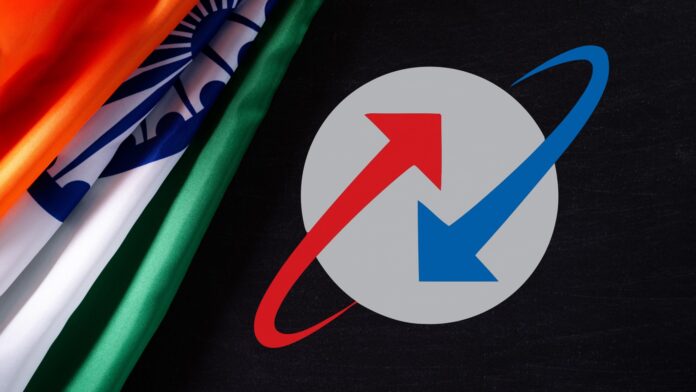The Indian government previously confirmed that BSNL is planning to deploy another 100,000 4G towers across the country
In sum – what you need to know:
Ambitious revenue targets – BSNL aims for 20–30% revenue growth in FY26 without raising tariffs, banking on improved services, 4G rollout, and customer satisfaction to drive performance.
4G expansion and quality – With 100,000 towers planned, BSNL is investing heavily in 4G deployment, resolving legacy issues, and responding to criticism over poor service.
Ministers push ARPU and user growth – Government officials demand better ARPU and mobile/enterprise growth, emphasizing BSNL’s public role over short-term profits as rivals raise prices.
Indian state carrier Bharat Sanchar Nigam Ltd (BSNL) is targeting a 20–30% increase in revenue for the current financial year, mainly driven by enhanced service quality and a broader customer base, local press reported, citing Union Minister of State for Communications Chandra Sekhar Pemmasani.
Speaking after a strategic review meeting with BSNL’s leadership in New Delhi, Pemmasani stressed that BSNL does not plan to raise tariffs to meet its financial targets. Instead, the state-run telco is focusing on large-scale deployment of 4G services and strengthening its current network infrastructure. The Indian telco is deploying 4G services using a total of 100,000 tower sites and is exploring further expansion to boost connectivity across India.
BSNL’s revenue from operations increased by 8% in fiscal year 2025. As of May, the company had 90.7 million mobile users, representing a 7.8% market share, compared to Jio’s 490 million and Bharti Airtel’s 362 million.
Pemmasani also downplayed the potential impact of Elon Musk’s Starlink on domestic operators, noting that high upfront costs and limited capacity mean the U.S. satellite firm is unlikely to capture more than 2 million users.
BSNL’s leadership, along with Communications Minister Jyotiraditya Scindia, met with the heads of all 32 circles to discuss service quality, growth targets, expense control, customer complaints, and enterprise strategy. Scindia emphasized the importance of improving the Average Revenue Per User (ARPU) and urged officials to develop cross-selling and upselling strategies, according to the report.
The Indian government previously confirmed that BSNL is planning to deploy another 100,000 4G towers across the country, following the successful installation of nearly 100,000 towers.
In May 2023, BSNL awarded a contract to a TCS-led consortium, which includes Tejas Networks, the Center for Development of Telematics (C-DOT) — the developer of BSNL’s 4G core — and ITI Ltd. The agreement covers the supply of 4G equipment for 100,000 telecom towers. It also includes network components, along with third-party elements and a 10-year annual maintenance contract.
The company is preparing for a nationwide 5G rollout after reaching a stabilization of its ongoing 4G deployment, according to recent reports, which cited the country’s Telecom Minister Jyotiraditya Scindia, as saying.
Scindia confirmed that BSNL will switch to 5G technology only after its 4G network is fully stabilized and meets service quality standards. “Once the 100,000 towers [are] put up and the network is stabilized, once we see that the QoS is up to the mark… then we start switching. Moving from 4G to 5G is not that difficult,” the official said.
BSNL recently confirmed it is now offering its 5G network-as-a-service (NaaS) “model” in Delhi, with pilots also running in Mumbai and other major metro areas. The setup, geared for fixed wireless access (FWA), uses a standalone (SA) 5G core, plus “locally-made technology.” The plan is to offer advanced features like network slicing, industrial IoT, and other mission-critical services.

